In the same way that the paddock shook when Lewis Hamilton announced his split from his partnership with Mercedes, the Formula 1 world stands in silence once again as a major pillar of the Red Bull empire collapses.
The shock news that Christian Horner has been sacked after 20 years at the helm sees one of the final pillars of the recent mighty Red Bull empire fall.
Having already seen the departures of design genius Adrian Newey, figurehead Jonathan Wheatley and Chief Engineering Officer Rob Marshall in the last 12 months, the loss of Horner sees Red Bull on the precipice of a whole new era.
And with the potential departure of star driver Max Verstappen also gaining more and more traction, the team that was in a world of its own just 18 months ago lies in tatters.
A home race horror show in Spielberg two weeks ago reminded the world of what life without the four-time champion would be like, but this seismic move opens a whole new reality for the Austrian drinks giant.
Racing Bulls boss Laurent Mekies will take charge as Horner makes way from the team he took from underdogs to one of the most successful teams of the generation.
At the end of 2023, there was barely an achievement Red Bull and Max Verstappen hadn’t achieved, yet just 18 months later, it seems like a completely different lifetime.
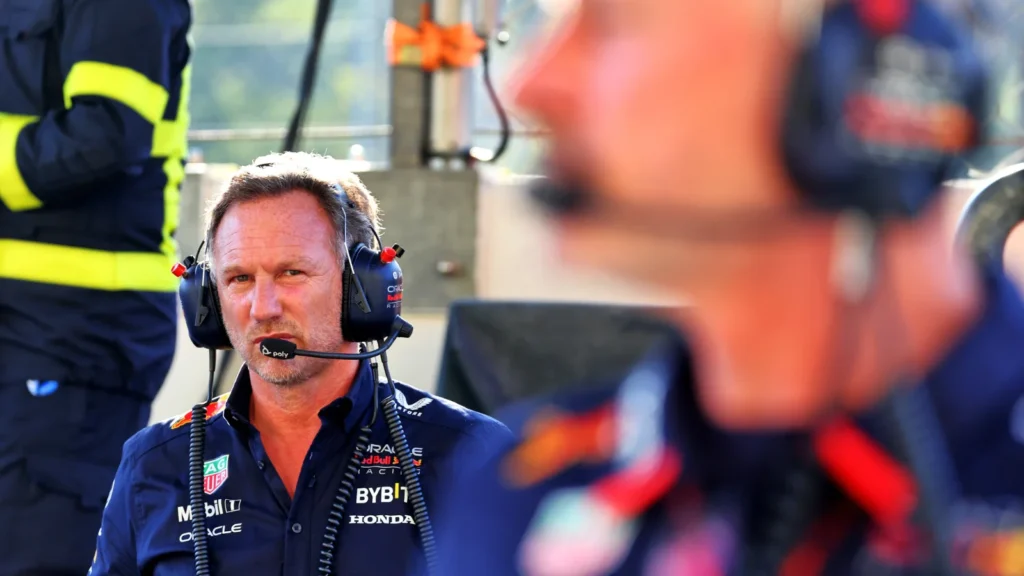
How did things unravel so quickly?
Unfortunately, the dominance of the ground effect era was the perfect cover for an internal struggle in the Red Bull team and the inevitable toxic environment.
Horner has always been a divisive figure in the F1 paddock and many a time has been surrounded in clouds of controversy.
However, in February of last year, allegations against the Red Bull boss came to light, calling out Horner for inappropriate behaviour in the workplace towards a female employee.
While Horner was ultimately cleared, the long process of doing so marred the success of the 2024 season, which saw Verstappen clinch a fourth consecutive World Championship.
The allegations themselves also called into question the working atmosphere in the Milton Keynes setup.
Multiple strong personalities within Red Bull, including Horner, Red Bull advisor Helmut Marko and Jos Verstappen, Max’s father, have clashed on multiple occasions.
With controversies away from the track, a downward trend in performance could also not be ignored.
Despite Verstappen retaining the title in 2024, the team slumped to third in the Constructors Championship, well adrift of both McLaren and Ferrari.
This trend has only continued into 2025, with Verstappen 69 points down and the team nearly 300 points behind McLaren in a ever-distant fourth place.
Although ultimately without Verstappen, Red Bull would be in an even worse state.
The Dutchman makes up 165 of the team’s 172 points for the season, with the second car only able to muster seven points across the 12 weekends to date.
Disappointing campaigns from both Liam Lawson and Yuki Tsunoda so far in an incredibly difficult car to drive show the reality of where Red Bull is heading without serious change.
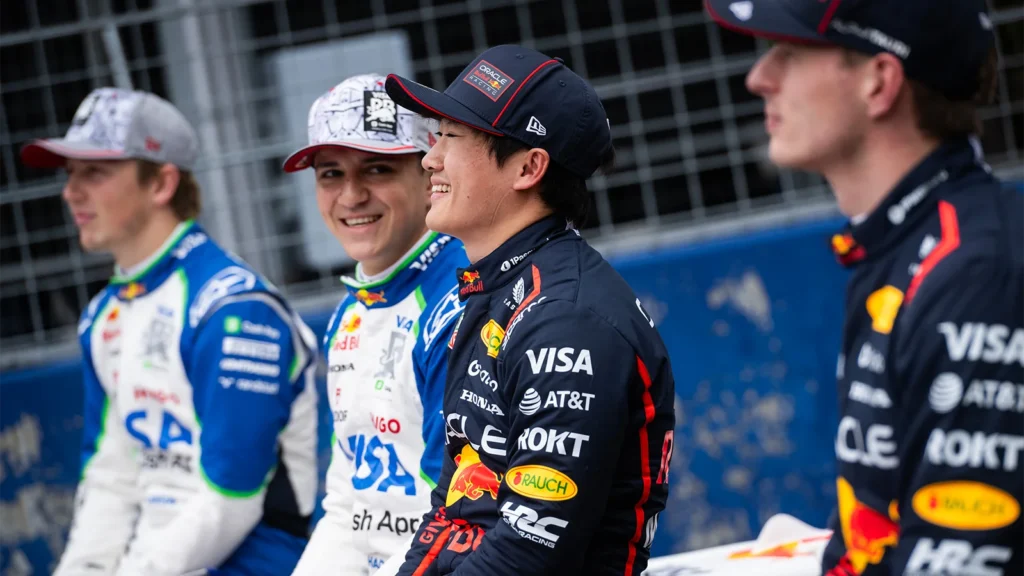
The start of a new era?
The 2026 season is the start of a new era of F1 in general with revamped regulations, and with today’s news, it seems a new one will begin at Red Bull as well.
A partnership with the Ford Motor Company begins in 2026 to develop the next generation of F1 powertrains.
But with only Verstappen left of the current Red Bull empire, and possibly not for much longer, what is to be expected of Red Bull’s future with both 2025 titles out of reach?
The creation of a more shared power structure with Red Bull should hopefully alleviate the toxic atmosphere that has become ripe in the Milton Keynes-based squad.
With a better atmosphere, the pressure is on the team and also on the potential young driver prospects that could be guiding Red Bull into the new era.
If Verstappen is to leave, Red Bull still has Tsunoda, Lawson, Hadjar and potential new superstar Arvid Linblad waiting in the wings.
But with the management change, there will also need to be a change to how the team go about constructing the car to tackle the 2026 campaign.
Even should Verstappen remain, Red Bull having a successful time will be dependent on assembling a car that is more driveable, especially if the pack closes up in 2026.
READ MORE: Christian Horner’s Red Bull exit could open the door to renewed Ferrari F1 approach
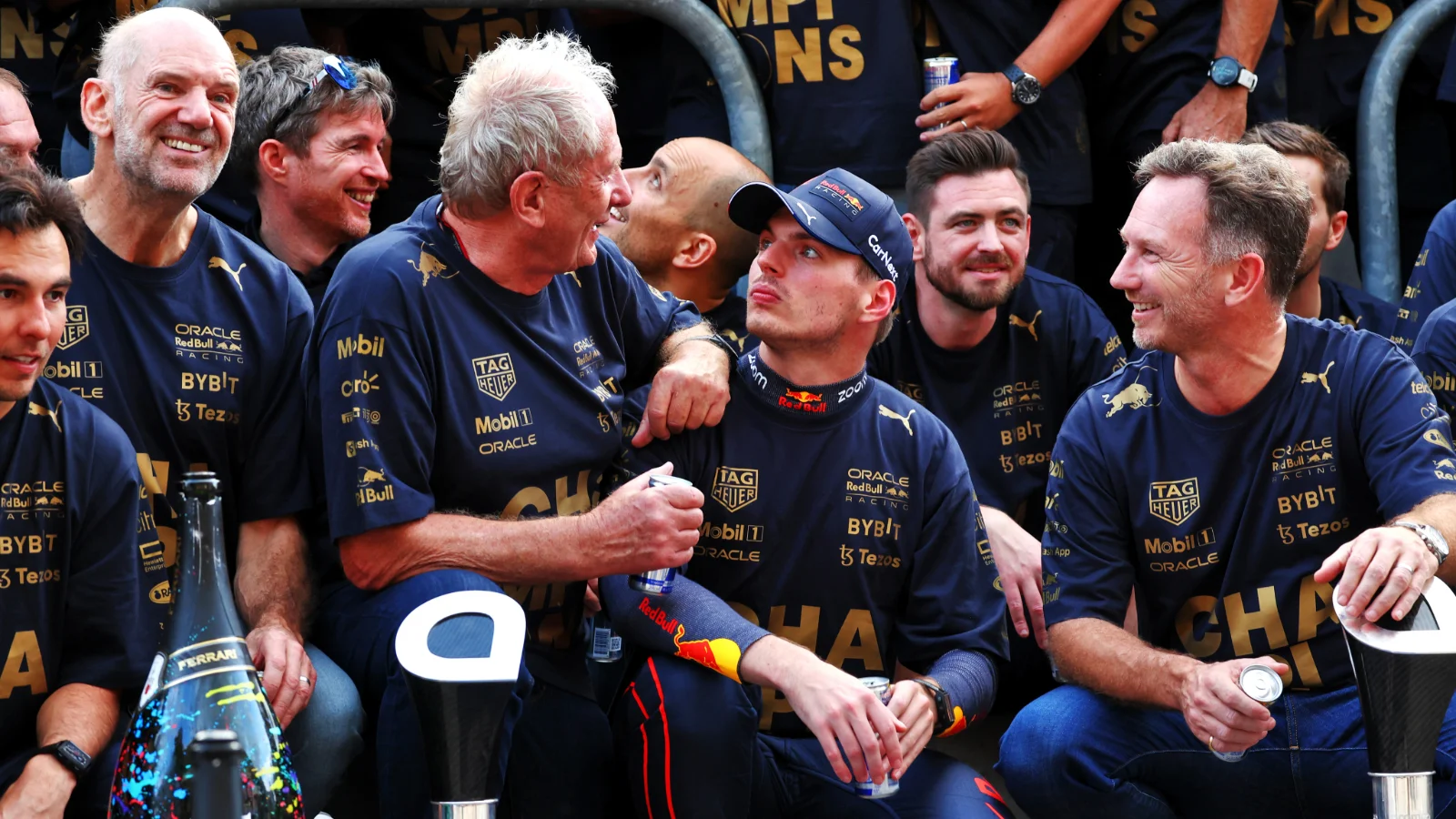


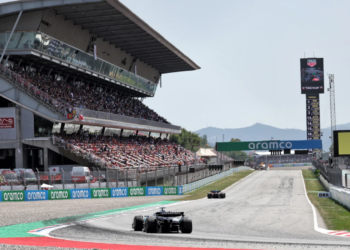
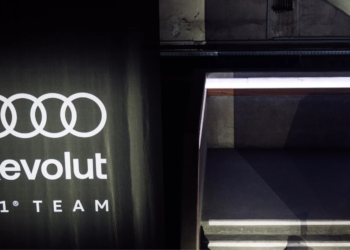
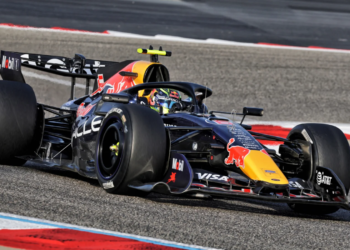
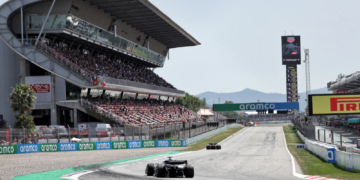

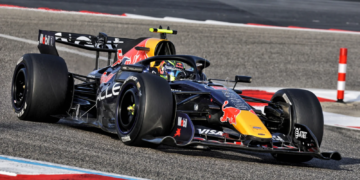
Discussion about this post